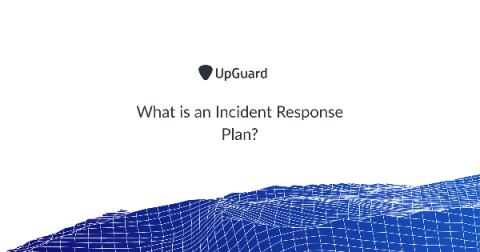Security | Threat Detection | Cyberattacks | DevSecOps | Compliance
Incident Management
Importance of Operational Data in Incident Context
Network/Security Operations Center (NOC/SOC) engineers and service desk personnel are tasked to process numerous incidents as quickly as possible. However, to resolve an incident they are required to to perform various activities including collecting various operations data including metrics, logs, traces and more from different tools. In many cases, the process also involves coordinating with other IT personnel or creating a war room to bring the incident to closure.
Webinar: AIOps Outcome - Alert Noise Reduction | CloudFabrix
Can incident response be fun?
Cyber attacks are unfortunately inevitable. It’s important to security harden your networks as much as possible. But your organization must also be prepared for incident response. Effective incident response involves an awareness of various cyber risks and threats, having a plan to respond to the various ways they manifest, and having a team that can think quick on their feet when they actually occur.
Office 365 Incident Response
After they entered, they may have left all the other windows and doors open Before working in cyber-security, I once worked at a company, when I was approached to look at another staff member’s email account which was “acting a bit funny”.
Crisis Management Automation for the Entire Organization with Dispatch - BSidesSF Preview
Managing security incidents can be a stressful job. You are dealing with many questions all at once. What’s the scope? Who do I need to engage? How do I manage all of this? As an Incident Commander (IC), you have many responsibilities. You’re responsible for driving an incident to resolution as quickly as possible, creating the resources necessary to document, collaborate, and communicate while helping identify, engage, and orient the right people.
What is ITIL Incident Management?
Today’s cybersecurity threats are so fast and sophisticated that they can disrupt IT functions for hours, days, and even months. For example, the ransomware attack prevents users from accessing their systems or files unless they pay a ransom to notorious extortionists. Under such circumstances, having an effective incident management program is always necessary.
What is an Incident Response Plan?
An incident response plan is a set of written instructions that outline your organization's response to data breaches, data leaks, cyber attacks and security incidents. Incident response planning contains specific directions for specific attack scenarios, avoiding further damages, reducing recovery time and mitigating cybersecurity risk. Incident response procedures focus on planning for security breaches and how organization's will recover from them.
8 Best Incident Response Use Cases
Incident response is a well-organized approach used in organizations’ IT departments in order to combat and manage the aftermath of a cyberattack or a security breach. The purpose of using incident response is to get out of the nightmare that includes limiting the damage and reducing the costs and recovery time of the incident. The people who perform incident response are called Computer Security Incident Response Team (CSIRT) and they follow company’s Incident Response Plan (IRP).
Major Incident Management Process
As cybersecurity measures are improving day by day, threat actors are also being sophisticated and creating high profile attacks to evade modern defense systems. These attacks result in generating major incidents, which are the highest-urgency and highest-impact incidents that can affect too many individuals or/and companies at the same time depriving critical data or hampering critical business operations.









